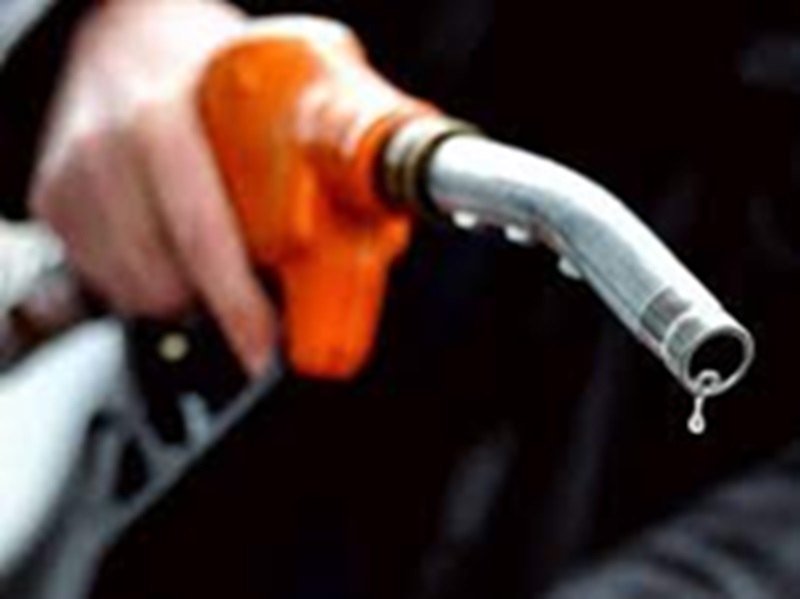TCVN 8401:2024 on technical requirements for unleaded gasoline mixed with 10% ethanol
Unleaded gasoline blended with 10% ethanol (E10) is a popular fuel, helping to significantly reduce CO2 emissions compared to fossil gasoline, while meeting international standards, such as European SS-EN 228 and Vietnamese National Standard TCVN 8401:2024.

lllustration
E10 gasoline is a mixture of unleaded gasoline and fuel ethanol, in which ethanol accounts for 9% to 10% of the volume, bringing environmental and climate benefits. Ethanol used for blending must comply with fuel technical standards, such as TCVN 7716 and TCVN 10625, ensuring safety and not causing damage to the engine or fuel system.
TCVN 8401:2024 standard clearly specifies the technical requirements for E10 gasoline, including RON octane number from 92 to 95, maximum lead content of 0.005 g/L, limited copper corrosion, solvent wash resin content not exceeding 5 mg/100 mL, maximum oxidation stability of 480, saturated vapor pressure at 37.8°C, and limited benzene content from 1% to 2.5%. In addition, gasoline must meet the appearance requirements, such as being clean, clear, not containing free water or impurities, and the mixing additives must comply with safety, health and environmental regulations, not causing damage to engines and equipment during storage, transportation and distribution.
This standard also recommends the use of sampling methods according to TCVN 6022:2008 (ISO 3171) or TCVN 6777:2007 (ASTM D 4057) to ensure accuracy and consistency in fuel testing. Compliance with these standards helps ensure quality, safety and environmental protection when using E10 gasoline, in accordance with legal regulations and international standards.